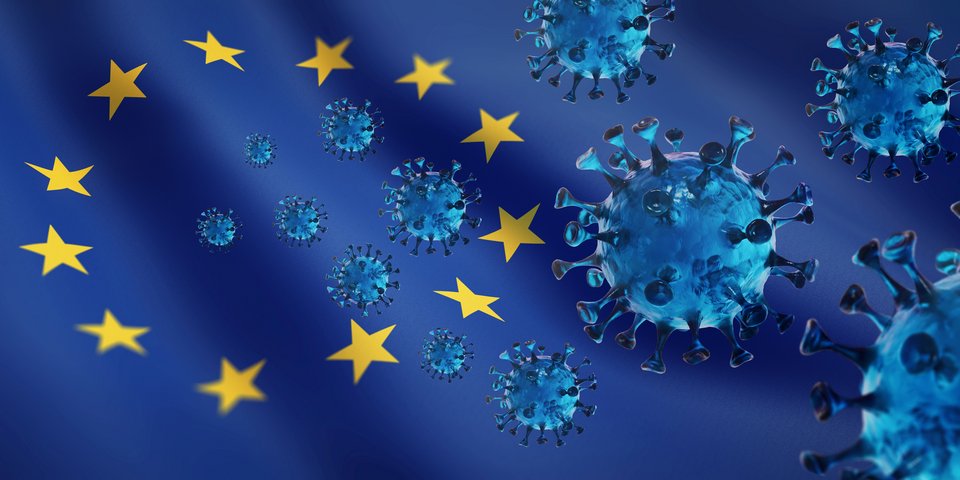 ©peterschreiber.media - stock.adobe.com
©peterschreiber.media - stock.adobe.comSpecial committee on COVID-19 in the EU commences work
European Parliament’s special committee to draw lessons from the pandemic
CC – 04/2022
On 10 March 2022, the
European Parliament voted to set up a special committee on the COVID-19
pandemic. The special committee was constituted on 19 April and began its work.
Its term was set at twelve months, after which it must submit a final report to
the EU Parliament. The committee is composed of 38 parliamentarians. It is
chaired by Kathleen Van Brempt (S&D) from Belgium. Her four deputies are
Andreas Glück (Renew Europe, DE), Ewa Kopacz (EPP, PL), Michèle Rivasi
(Greens/EFA, FR) and Karol Karski (ECR, PL).
First health policy lessons
Brussels
reluctantly recalls the uncoordinated approach to the procurement of protective
equipment and vaccines at the beginning of the COVID-19 pandemic. Lack of
solidarity and national go-it-alone approaches have not served the EU well in
dealing with a pandemic. Initial health policy lessons have therefore already
been learned with the legislative package on the European Health Union and the
associated establishment of HERA and the expansion of the mandates of ECDC and
European Medicines Agency (EMA).
The
task of the special committee on COVID-19 is now to examine the
pandemic-related response of the European Union (EU) and then develop an
appropriate framework for future action. The impact of the pandemic on the EU
will be assessed holistically, focusing on four areas:
Health
Here, the EU’s capacity to respond to the pandemic crisis,
its institutions and agencies, and the level of coordination and solidarity
among Member States are examined. This includes the COVID-19 vaccination
strategy, the role and mandates of the Health Emergency Preparedness and
Response Authority (HERA), the European Medicines Agency (EMA), and the
European Centre for Disease Prevention and Control (ECDC). In addition to the
governance of health, the impact of the pandemic on healthcare provision will
be examined, including diagnosis and treatments of illness, mental health, long
COVID, the impact of staff shortage and increasing digitisation in healthcare,
the availability of medicines and medical devices, and the impact on care.
A coordinated approach to preserving democracy and basic human rights
Issues examined here include societal aspects such as
vaccine scepticism and the spread of fake-news, the necessity and
proportionality of restrictions on the free movement of people and the single
market, the impact on the individual and basic human rights of vulnerable
groups, the use of technological tools and datasets in combating COVID-19, and
the basic democratic control of the response to the pandemic in Member States.
Socio-economic impact
Specifically, this area examines the impact of the pandemic
on work organisation, remote working, and the future of work; the impact of the
pandemic on poverty, inequality, and social exclusion; and the impact on social
protection systems. Aspects such as the handling and use of digital
technologies, gender equality and the general vocational training and
development of children and youth will also be considered.
The EU and the world
This
area will look at, among other things, the EU's strategic autonomy – in health
issues, supply chain resilience, crisis resilience as a business location, and
in the economic sectors most affected by the pandemic, such as culture,
hospitality, tourism and transport. In addition, lessons will also be drawn for
supranational collaboration with the World Health Organization (WHO), the World
Trade Organization (WTO), and other multilateral initiatives, particularly on
vaccine diplomacy and allocation such as COVAX.
For more information on the tasks and objectives of the
special committee, please visit here.
The final report is expected to include an analysis of the
current situation as well as recommendations for actions to be taken to further
improve the EU's capacity to respond to the pandemic crisis. The first regular
meeting of the special committee is scheduled for 11 May.
